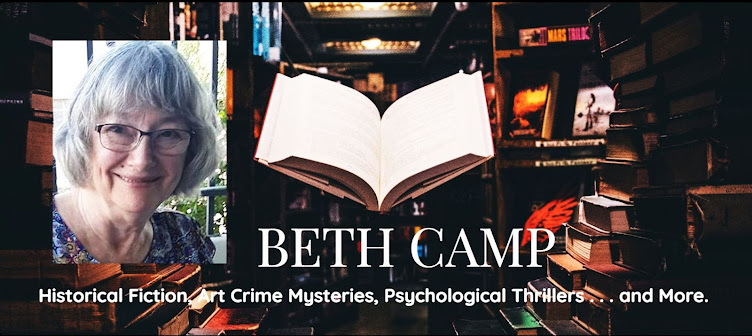What am I writing? The craft of writing sets up writer and reader expectations depending sometimes on the length of what we write, the format we choose, or the genre. Trust me, writing a cozy mystery with cats and knitting is far different than a noir mystery where all characters carry their own sorrows.
Write whatever piques your interest. Maybe don't worry about finishing what you start. But consider looking at your current writing projects and asking: What am I writing about? Why? What draws me to these stories? Are there common themes, characters, conflicts that resurface?
It was rather a shock when I discovered that buried in nearly all of my writing is that bedrock issue of abandonment, but I didn't have to think very hard to figure out why this issue remains important to me.
How am I writing? Although some folks criticize the old-fashioned "butt in chair" strategy of writing, I like this approach because you are writing -- every day.
Throughout the rest of the day, when you're not writing, the material is fresh enough that your unconscious is at work and may surprise you at that next writing session.
When you write every day (or nearly every day), you come to know WHAT you require to successfully get down on paper a certain allotment of words.
What's rather fun is to figure out WHEN is the best time for you to write. You may be a leap-out-of-bed-at-dawn person or a let's-wait-until-everyone-is-asleep writer.
HOW you begin to write is also open to so many different strategies. Do you draft out an outline before writing? Are you a plodder, building that story structure (and supporting research, if needed) before you write? Or, are you a sprinter: do you leap into the story to discover with each plot twist, what happens next? My husband happens to be a 'bleeder,' someone who tortuously thinks for a long while before committing a single sentence to paper.
Do you use prefer to write by hand? The very act of writing with a pen or pencil slows down how we think about the story we're telling. I tend to use word processing for story telling (drafting, outlining, taking notes, editing, and formatting), for I can type as fast as I can think.
If you love technology, have you tried any of the writing programs like Scrivener that allow you to use sophisticated mapping, images, and research files in support of that primary document, your story?
How much are you writing every day? by the week? by the month? Even 100 words a day can lead to 3,000 words a month, though that's before editing.
Do you set goals for how many words you write? Deadlines for your writing projects? Do you identify your long-term AND short-term goals -- in words?
You may want to check out A Round of Words in 80 Days, an online writing community of writers who set goals by each 'round' of 80 days, and then check-in with short updates every Wednesday and Sunday.
Next Saturday's post will explore the differences between skills we use in the process of writing and those storytelling skills we call 'writing craft'.
Meanwhile, may your own writing go well.


Good points all, Beth. I may be re-joining ROW80; I am thinking on it. It really helped me return to writing, following most of the points you make. Perhaps ROW80 will help me get that book of reflections done.
ReplyDeleteKaren